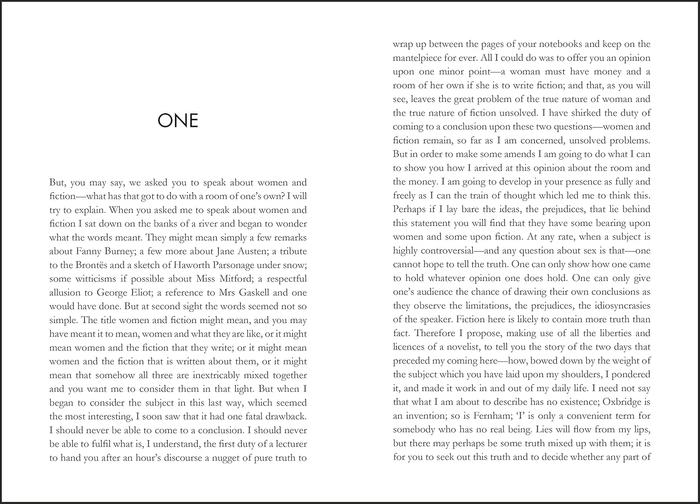Prakash Books - A Room of One’s Own - Classics
Product details
Overview:
"A Room of One's Own" by Virginia Woolf is a foundational text in feminist literature, originally delivered as a series of lectures at two women's colleges in Cambridge. Woolf explores the historical and societal barriers that have prevented women from achieving their full creative potential, positing that financial independence and personal space are essential for women writers to flourish. The essay is both a critique of patriarchal structures and a call for women to carve out their own identities and voices in literature and beyond.
Key Themes:
- Economic Independence: Woolf argues that a woman must have financial freedom to write and create art. She emphasizes the importance of money in securing a room of one’s own, symbolizing the space and resources needed for creativity.
- Historical Inequality: The essay reflects on the systemic inequalities faced by women throughout history, using the hypothetical scenario of Shakespeare's sister to illustrate how talent can be stifled by lack of opportunity.
- Gender and Creativity: Woolf discusses the impact of gender on artistic expression, examining how societal norms and expectations have historically marginalized women's voices in literature and the arts.
Writing Style:
Woolf's writing is characterized by its eloquent prose and innovative narrative techniques. She blends personal reflection with broader societal commentary, employing a stream-of-consciousness style that engages the reader in her thought process. The tone is both contemplative and persuasive, inviting readers to consider the importance of women's contributions to literature and society.
Conclusion:
"A Room of One's Own" remains a vital work for understanding the intersection of gender, creativity, and societal structures. Its insights into the necessity of personal space and economic independence for women writers continue to resonate today, making it a timeless piece of feminist literature. Woolf’s call for women to assert their creative rights inspires generations, urging them to claim their own spaces—both literally and metaphorically—in the literary world and beyond.









